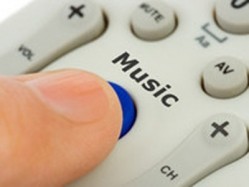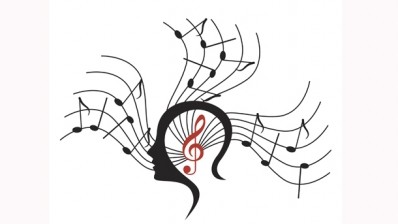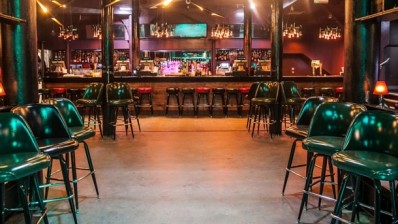ASK THE EXPERTS
How to play music effectively and legally in your hospitality business

Choosing the right music for your venue is a critical part of creating the right atmosphere for customers. Music enhances the customer experience, sets the mood and creates connections, but crucially it helps you build sales. In a recent survey, over 82 per cent of drinkers said they would buy another drink if they enjoyed the music being played.
When it comes to choosing music for your venue, there are some basic guidelines to follow. While it is generally advisable to play slower music during the day, rising to a more upbeat tempo in the evening, remember the objective of using music in your venue is to encourage your customer to prolong their visit and spend more. So, while an older customer may be looking for a more relaxed setting, which is complemented by classical or chill out music, a younger audience may want a more up tempo vibe, conducive to meeting friends and mixing in larger groups.
Customers should never feel that they are competing to be heard against the music. It is also important that a wide number of tracks is played during the day, avoiding repetition of songs which instead of encouraging a customer to linger, may make them feel they’ve stayed too long.
Music-selection
The criteria for selecting your in-venue music is wide and varied. Specialist companies can develop bespoke playlists designed specifically for your venue, with music crafted for different times of day and audiences. The benefit of preconfigured music is that staff don’t have to get involved in the time consuming process of developing playlists and the music runs for hours, so minimal management is required.
While some venues may opt to plug in iPods or CD systems, care should be taken to ensure they have the correct performing rights and broadcast licences in place, or the premises could face a substantial fine. If you're playing music in public you must be licensed by PRS for Music and Phonographic Performance Limited (PPL).
Playing music legally
In brief, PRS collects a licence fee on behalf of song writers, composers and publishers while PPL collects a licence fee on behalf of performers and record companies. The cost of each licence varies depending on how you want to play music and the type of premises you have. For example, a hotel will pay an initial fee to play background music in the reception area, lifts and its bar and restaurants, but may have to pay more if it wants to hold special events where music will be played or broadcast music videos.
One way that pubs and other hospitality venues can access hours of fully licenced rights-paid music and not have to sign up to lengthy contracts or worry about the legality of the music they are playing is by using a music download service.
These services will make up a wide range of bespoke play lists for a venue which can be updated monthly and always be kept relevant for customers and operators may not have to pay fees to PPL and PRS this way, depending on the package they sign up to.





















